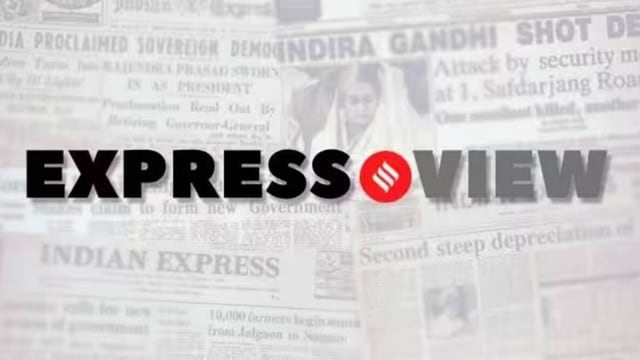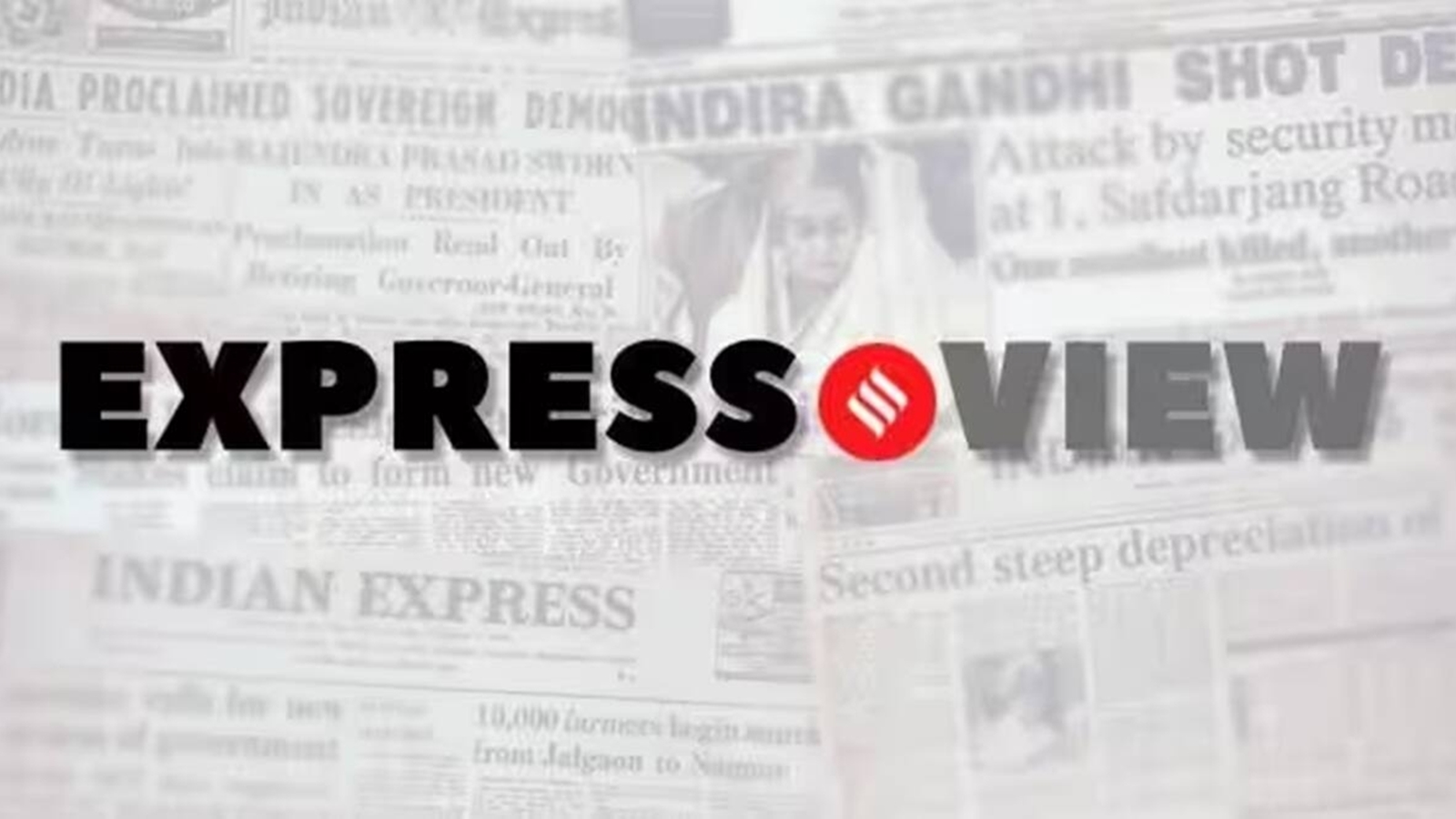
By most accounts, Muhammad Yunus, Nobel laureate and head of the interim government in Bangladesh, had a successful diplomatic outing in the US. Apart from speaking at the UN General Assembly, he held an impressive number of meetings, including with US President Joe Biden, former President Bill Clinton, Secretary of State Antony Blinken, Canadian PM Justin Trudeau, President of the European Commission and the heads of the World Bank and ADB. A near singular theme emerged from the talks — the West, including and especially the US, is willing to extend support to the post-Sheikh Hasina regime in Dhaka. Yunus also met Pakistan PM Shehbaz Sharif and Chinese Foreign Minister Wang Yi. Reportedly, Sharif and Yunus discussed the deepening and restoration of bilateral ties, as well as the revival of SAARC. Delhi must read the tea leaves after Yunus’s visit, and it must deal in a mature and practical manner with the new reality.
The overtures to Pakistan seem to confirm that the Jamaat-e-Islami may now be more central to the Bangladesh government. This confirmation of Delhi’s fears, however, does not change the reality on the ground. The fact remains that the interim government seems to have popular political legitimacy, and that Delhi will not have a veto over Dhaka’s ties with Islamabad. However, Yunus addressing the UNGA in Bengali is also a reminder that linguistic identity is still central in Bangladesh and that political change must not be viewed through the prism of religion alone. Doing so is counterproductive, runs the risk of bringing out the worst tendencies of Partition, and constrains Delhi’s space for engagement. Statements made in the heat of political campaigns by ruling party politicians in India, which have invited protests from Dhaka, can have consequences in a connected world.
Speaking in New York last week, External Affairs Minister S Jaishankar highlighted that India’s rise comes at a time of global political and economic turbulence. He was also right when he pointed out that over the last decade, this country has “been pursuing a policy of focusing on the neighbourhood in a non-reciprocal, very generous way”. In Bangladesh, like in much of the Subcontinent, India has geographical and economic interests and advantages along with deep historical ties. For the people of both nations, economic development is the priority, and a task made easier through collaboration.


